Mini Series – THE PRECEPTS OF THE CHURCH
These “precepts” are the most important laws of the Catholic Church. They are meant for each of us. Through her precepts the Church, our loving Mother and teacher, puts before our minds the minimum participation which is necessary to maintain our Catholic identity.
Recalling Our Lord’s words that the wise man “built his house upon the rock” (Matt 7:24), we can ask ourselves this Lent how far we are built on the rock of Christ, who is present in his Church and active in her life-giving sacraments, how firmly rooted we are in the community of faith which is the dwelling place of the Holy Spirit (see Acts 2:1-13).
The Precepts of the Church are to be found in the Catechism of the Catholic Church (CCC) Nos. 2042-2043.
First Precept:
“You shall attend Mass on Sundays
and Holy Days of Obligation and Rest from Servile Labour.”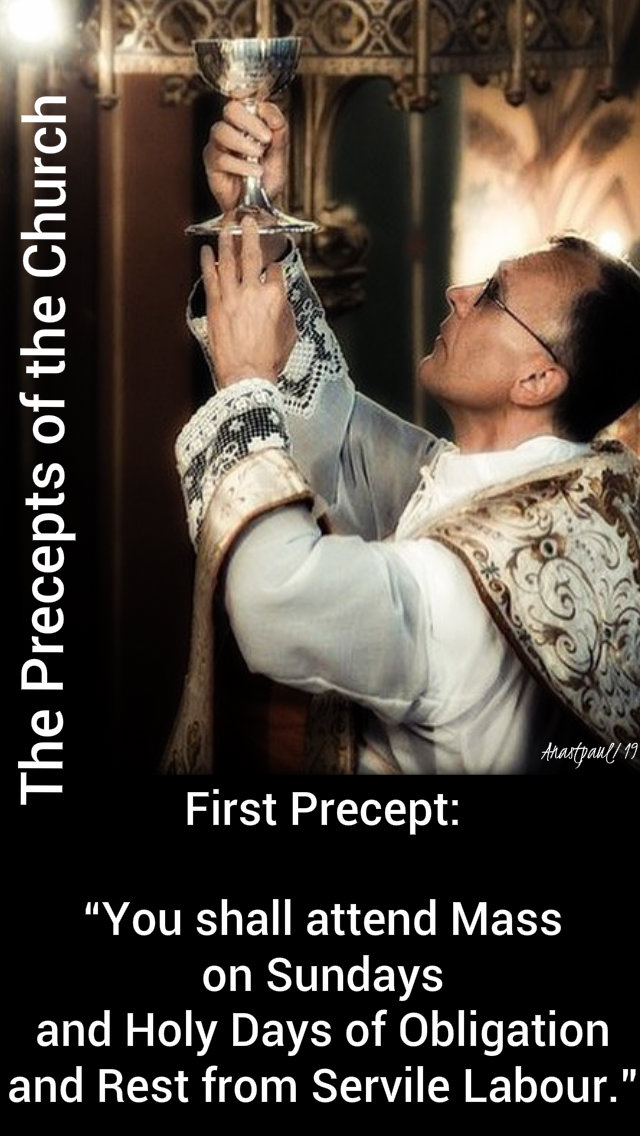
From the earliest times the Christians celebrated the Eucharist on the Day of the Lord’s resurrection (see Acts 20:7). It is no surprise that the vision of St John in the book of Revelation, a vision deeply linked to the Christian liturgy, occurred “on the Lord’s Day” (Rev. 1:10).
St Justin Martyr (100-165), one of the first Church Fathers, wrote in about 150 AD: “on the day called Sunday, all who live in cities or in the country gather together to one place …”.
He goes on to explain the reading of the Scriptures and the consecration of the bread and wine and concludes: “Sunday is the day on which we all hold our common assembly, because it is the first day on which God … made the world and Jesus Christ our Saviour on the same day rose from the dead.” Christians understood that, now, the Old Testament commandant to “remember the Sabbath day, to keep it holy” (Exod. 20:8) applied to Sunday rather than the Jewish Saturday.
It was also clear to Christians that, developing the tradition of the Jews, the Christian sabbath calls for rest from our usual occupations, “to abstain from those labours and business concerns which impede the worship to be rendered to God, the joy which is proper to the Lord’s Day, or the proper relaxation of mind and body.” (Code of Canon Law 1247).
The Catechism challenges us also when it adds: “Christians will also sanctify Sunday by devoting time and care to their families and relatives, often difficult to do on other days of the week.” (CCC 2186)
Sunday is rightly a time for recreation, yet a Catholic must prioritise the Sunday Mass for the simple reason that God himself must be given first place.
The precept to be present at Mass on Sundays (or Saturday evening) is non-negotiable for Catholics – it is a “grave” obligation (CCC 2181). If it happens that we fail to observe it through negligence or without a serious reason, we should confess it in the Sacrament of Reconciliation before receiving Holy Communion again.
If, on the other hand, we did have a sufficient reason not to be present, for instance we were ill, had to stay at home to look after young children, or were a great distance from a church, or have no choice but to work on Sunday during Mass, then we’re not obliged BUT let us not ‘look for excuses’ and let us choose our work carefully and do all we can to make it known to our employers that we only need ONE HOUR per week – could we perhaps EXCHANGE our lunch- or off-times for this ONE HOLY HOUR ON SUNDAYS?!
We must further attend Mass on holy days of obligation that usually fall during the week, such as Christmas Day.
The precepts of Church are not regulations trying to catch us out but crucial reminders of what it means to be a Christian. Saint John Paul II, in his encyclical letter on the Lord’s Day, wrote:
“Sunday is a day which is at the very heart of the Christian life. From the beginning of my Pontificate, I have not ceased to repeat – ‘Do not be afraid! Open, open wide the doors to Christ!’.
In the same way, today I would strongly urge everyone to rediscover Sunday –
Do not be afraid to give your time to Christ! Yes, let us open our time to Christ, that He may cast light upon it and give it direction. …
Time given to Christ is never time lost but is rather time gained, so that our relationships and indeed our whole life may become more profoundly human.”
(Dies Domini 7)
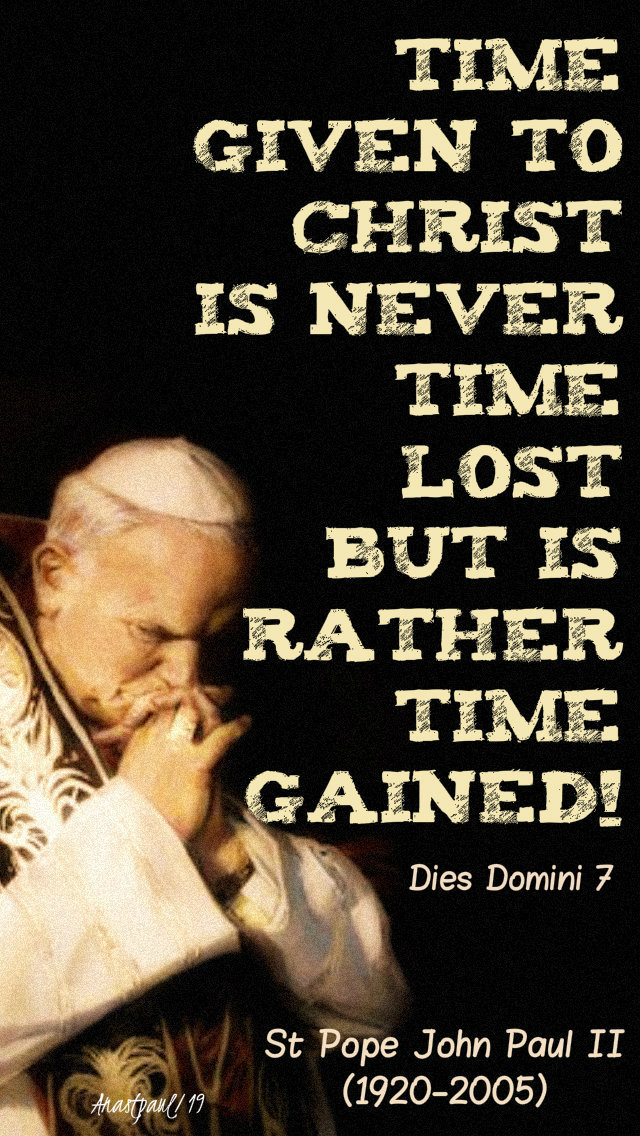
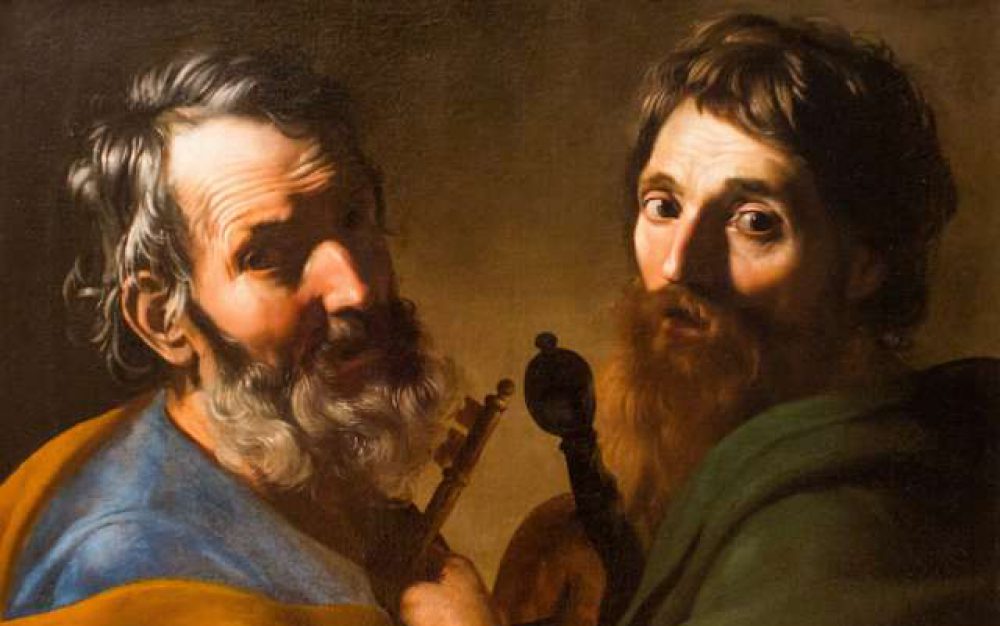
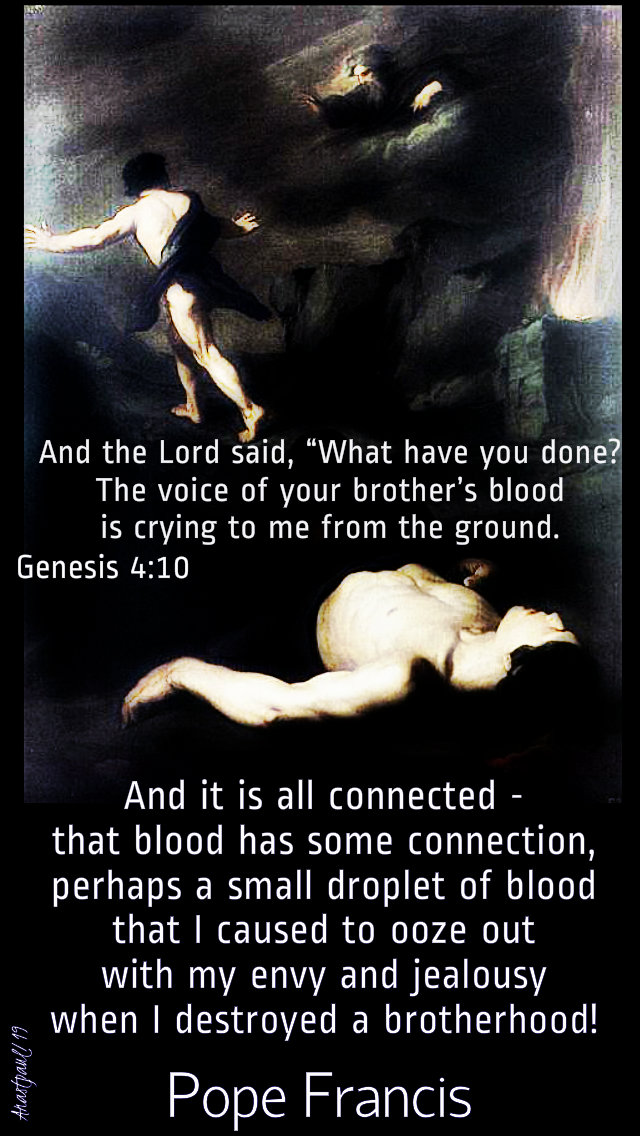
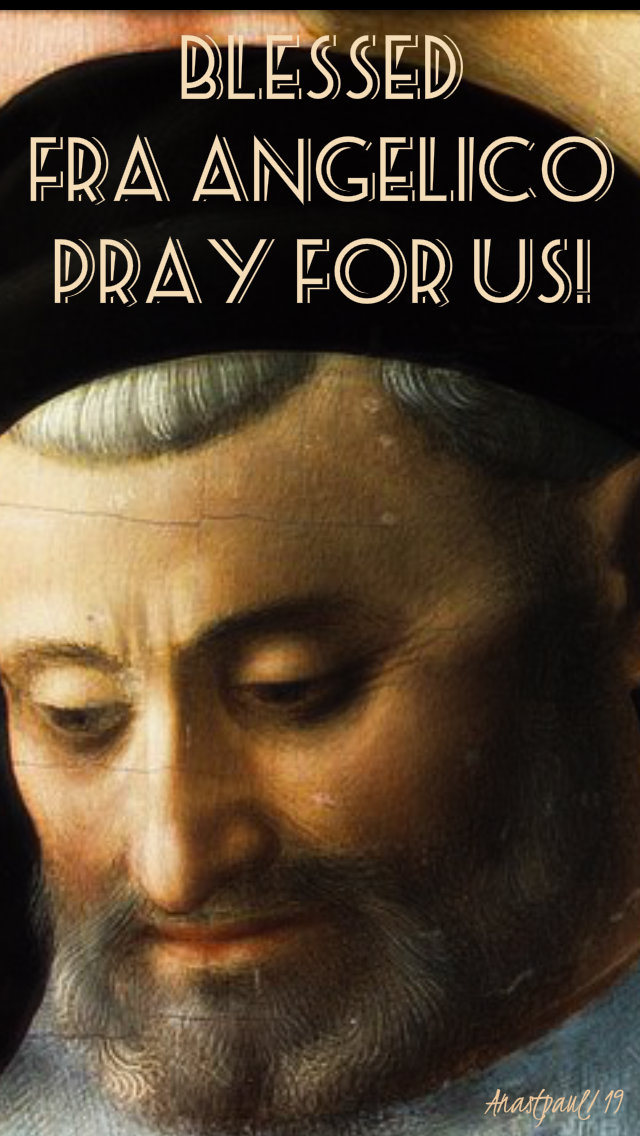
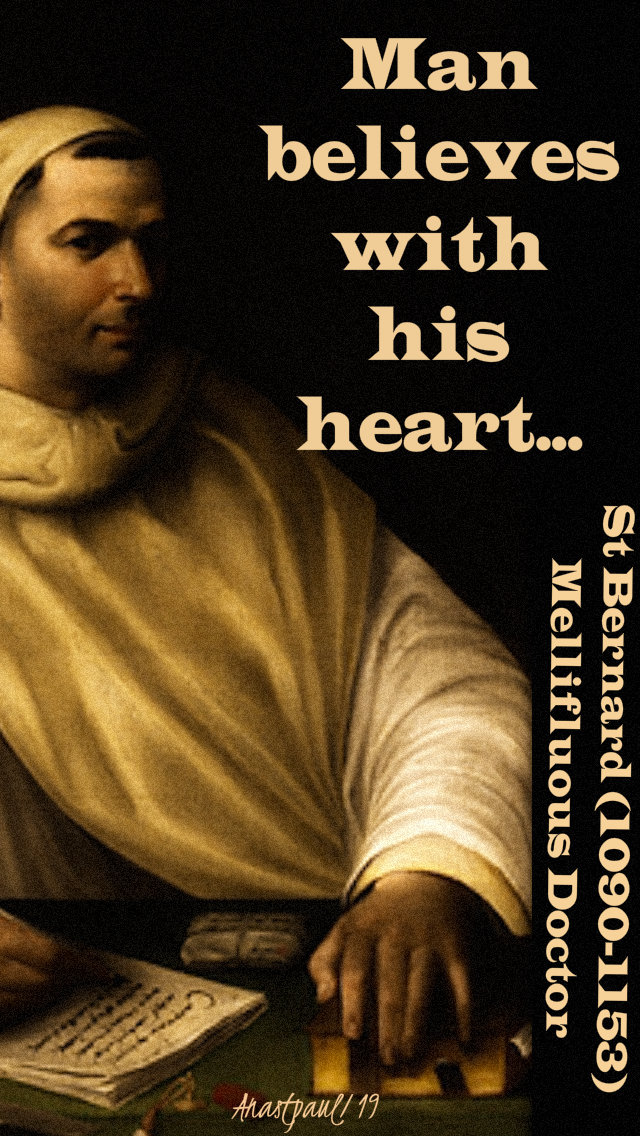

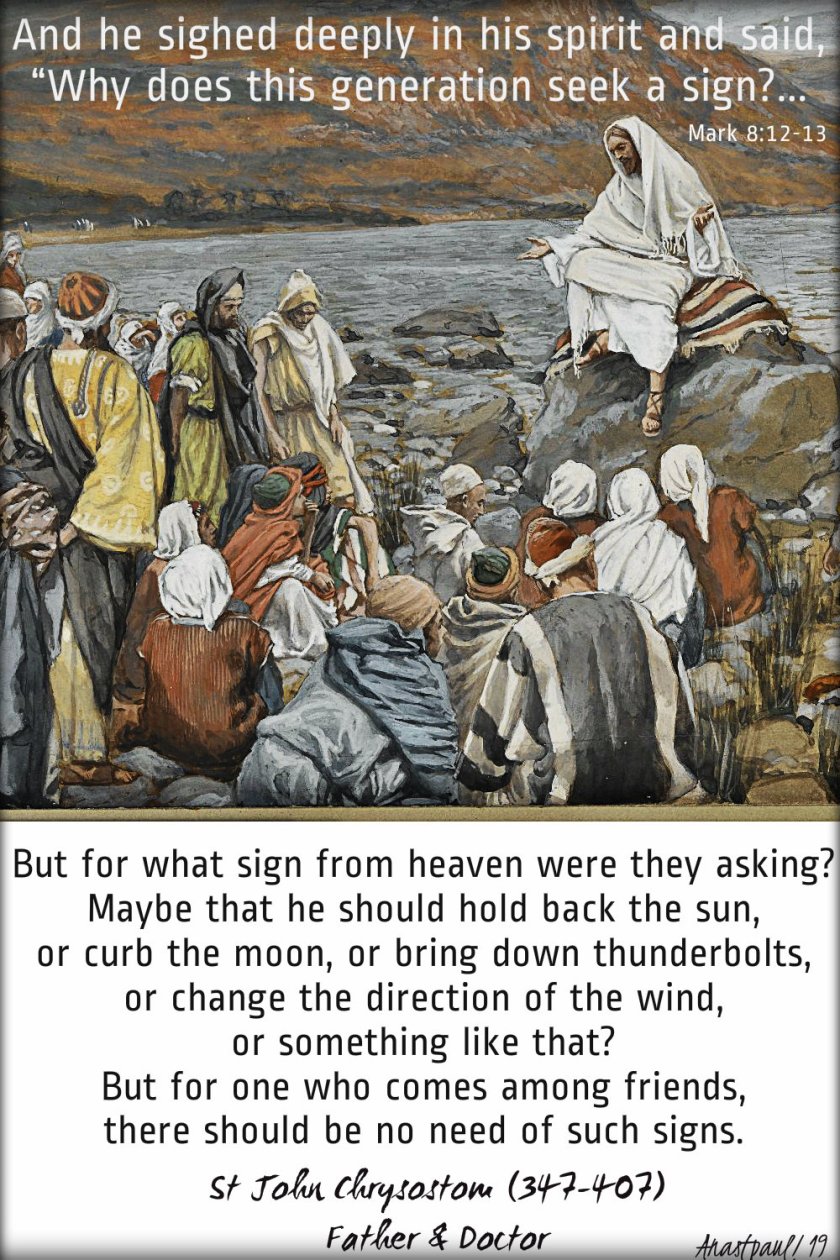
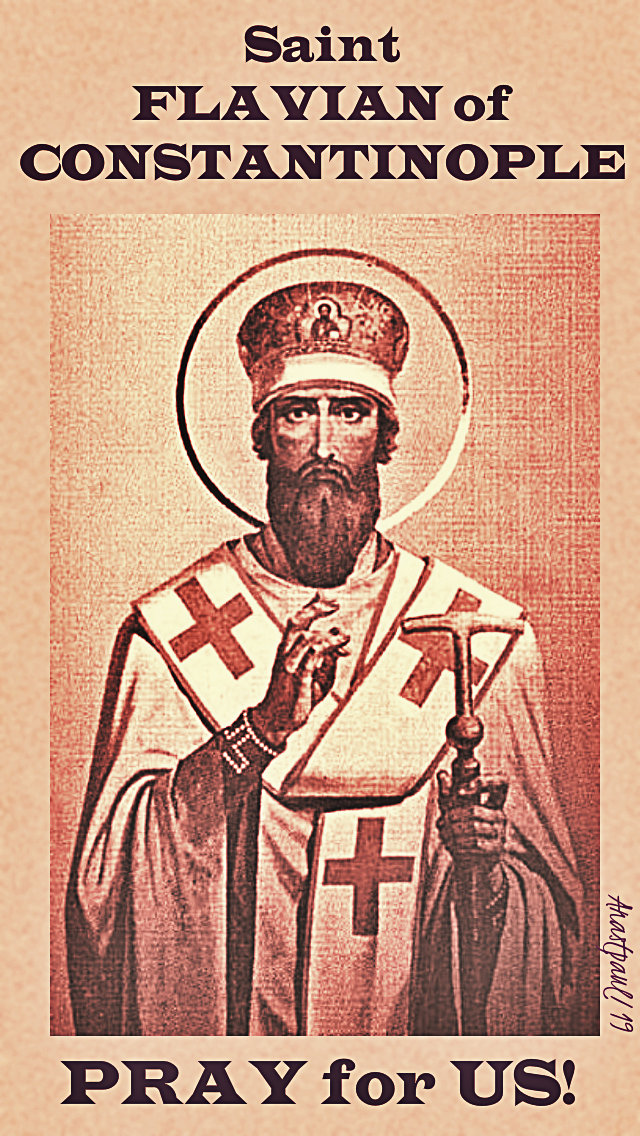


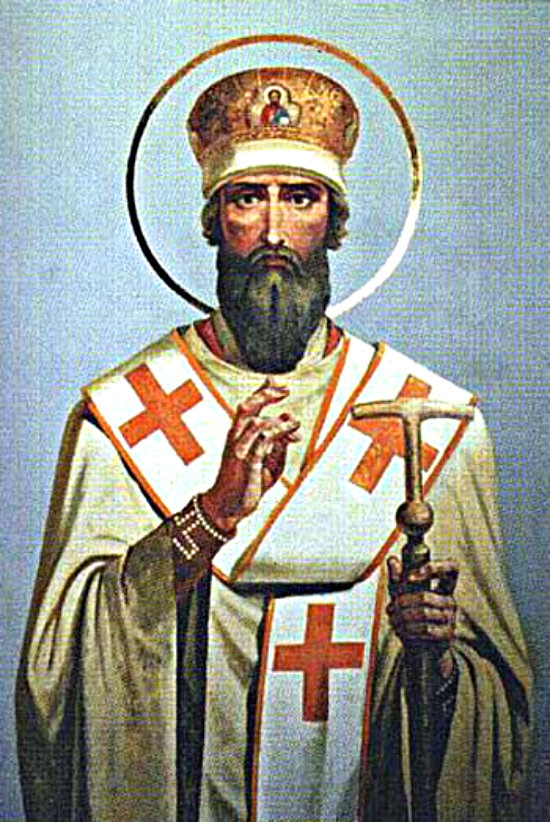
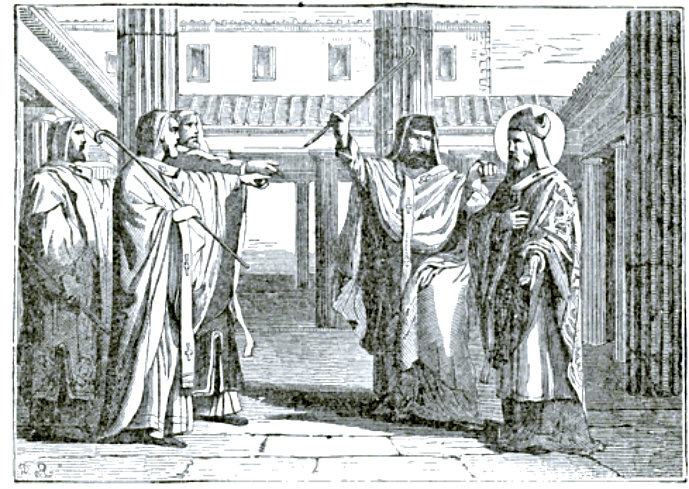

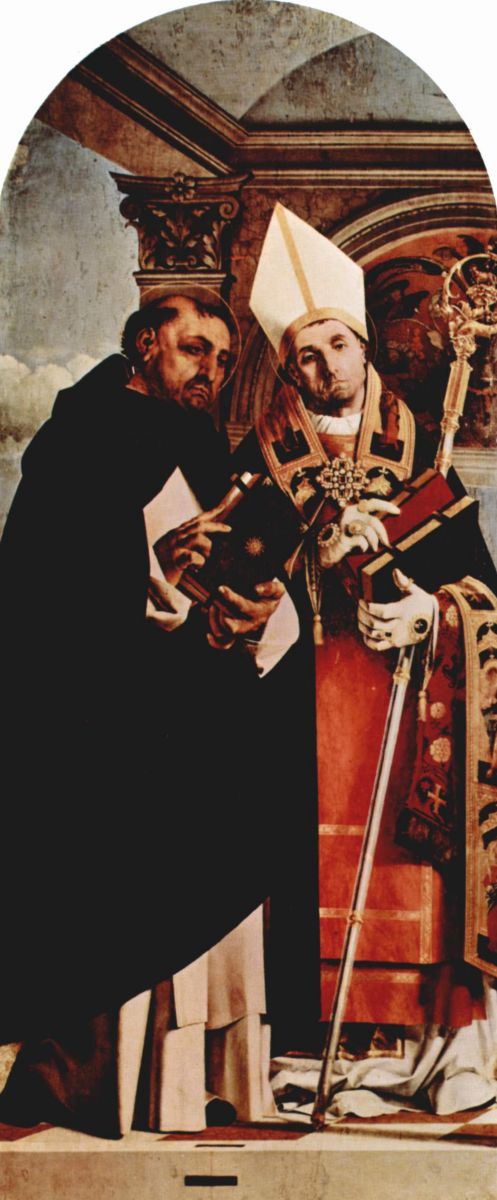
You must be logged in to post a comment.